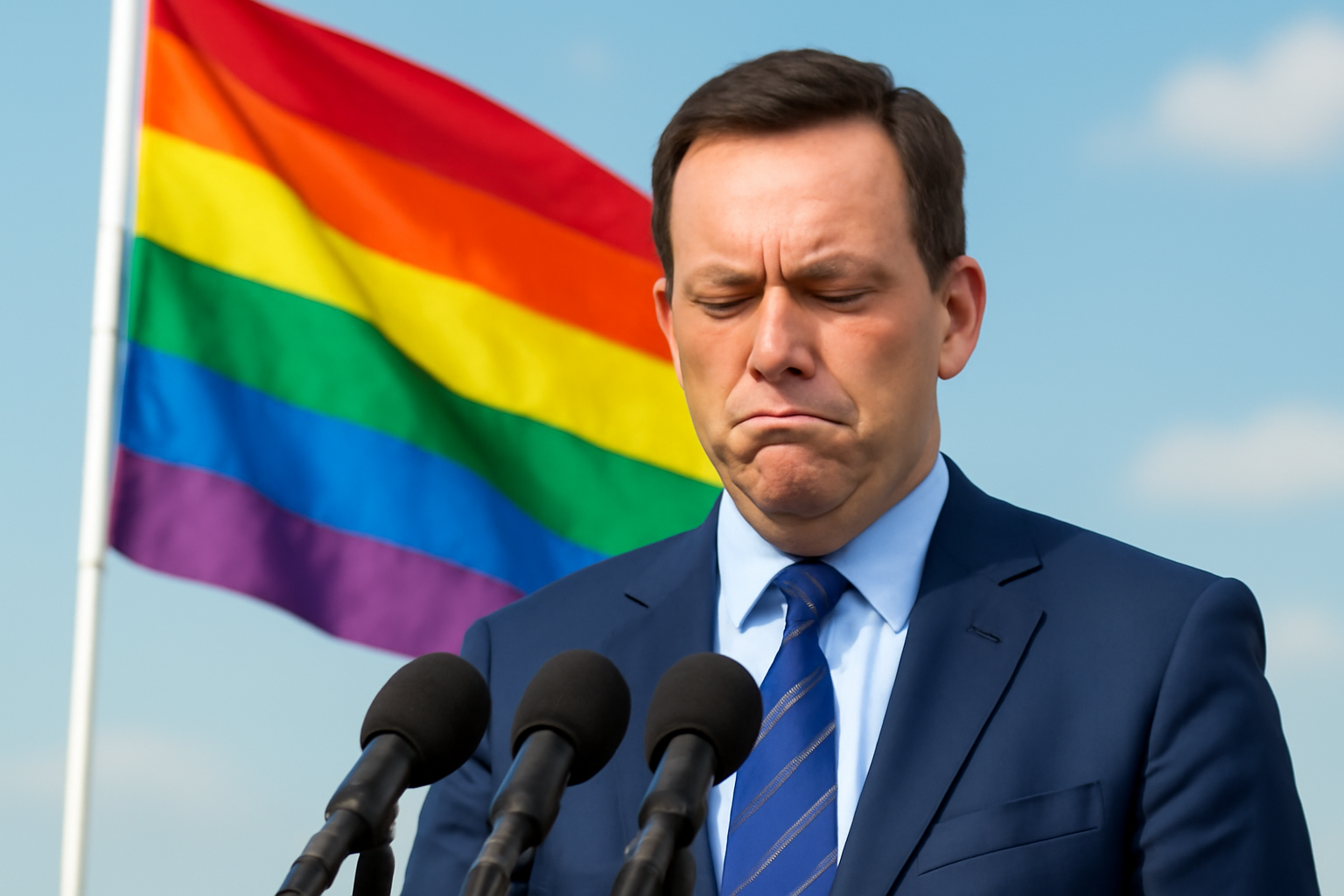
The cost when leaders stay silent
Take Pope Pius XII, a notable historical figure. Despite his efforts in humanitarian causes, he's often taken heat over his failure during World War II. He didn't vocally oppose fascist regimes, and his silence during one history's darkest chapters, The Holocaust, remains a hotly debated part in discussions about his legacy. Neville Chamberlain, British Prime Minister, also comes up in these conversations. Remember his appeasement strategy with Nazi Germany, like with that infamous Munich Agreement in 1938? It was intended as a peacekeeper move, but many see it as paving a smoother road over which Nazi power spread, leading Europe down a treacherous path.Modern political complicity
Fast forward, and you'll see that today's political scene has its own share folks accused staying mum when they ought not. Silence, in these cases, often reads as complicity. Many politicians might lean more towards keeping party harmony than ensuring democracy's balance stays intact. Think back on some members within Republican ranks during Donald Trump's presidency. Critics say these folks were too quiet, and their silence arguably played a part in chipping away at democratic norms and institutions.The tricky business with "useful fools"
The term "useful fools" speaks volumes about people who unknowingly end up serving bigger powers' interests. Historically, leaders have faced sharp critique when they've overlooked or ignored how their actions or alliances could echo beyond immediate comfort zones. These days, it's those cozy ties between Western leaders and hard-line regimes drawing scrutiny. There are moments when such alliances seem like they're bumping up against, or even tearing down, democratic connections like NATO.NATO's key role in global security
Established after World War II, NATO has long been a big player in keeping things stable worldwide through collective defense and mutual support among its members. Still, arguments about money matters and strategic priorities persist, keeping ongoing discussions about its future in play. Take Trump-era concerns about America backing NATO. This raised questions and sparked debate over what role NATO should continue playing on a global security stage.Silence's global repercussions
Being silent while authoritarian regimes flex their muscle isn't just risky—it can have serious international repercussions. It threatens global peace and chips away at democracy itself. Silence as complicity rings true in words by historical giant Rabbi Joachim Prinz, who underscored that tragedies aren't just in acts oppression, but largely in silences from those who look away instead stepping up.Conclusion: Why speaking out matters
Our evolving political tapestry calls out more than ever those who can and should speak against injustice and hold leaders accountable. History's reminders are a clear message about how costly keeping quiet can become. In today's reality where "Silence = Death" continues echoing as a rallying cry, we're left asking: who'll step up, stand against complicity, and champion a future built on justice and equality? Want more insights? Dive deeper with us by subscribing our newsletter, where we explore today's complex and critical issues shaping our shared future.Related Posts
Embracing Inclusivity: Welcoming All Identities at WorldPride
The Power of Visibility: A Catalyst for Change Visibility isn't just a catchphrase; it's a formidable tool for driving change. Having spent my career ensuring that LGBTQ+ individuals are seen, welcomed, and safeguarded, I deeply understand the impact of visibility. Conversely, I am acutely aware of the repercussions of invisibility, particularly for those straddling multiple marginalized identiti [...]
Pete Buttigieg Criticizes Trump Administration Over FAA Firings Amid Aviation Safety Concerns
Former Transportation Secretary Pete Buttigieg didn't hold back in criticizing how Trump's administration laid off a bunch from their jobs at Federal Aviation Administration (FAA) right when we're seeing some unsettling incidents in aviation here in America. It's got everyone worried sick about what this means when it comes down purely about safety in air travel. Recent incidents spark safety wor [...]
Thousands Gather for Inclusive March in D.C.
In a vibrant show where unity and activism took center stage, more than 25,000 passionate people gathered in Washington D.C. last Saturday. It wasn't just any gathering; it was The People's March, a powerful platform where voices rose in opposition against some policies proposed by President-elect Donald Trump. Many believe these policies could negatively impact transgender individuals, immigrants [...]